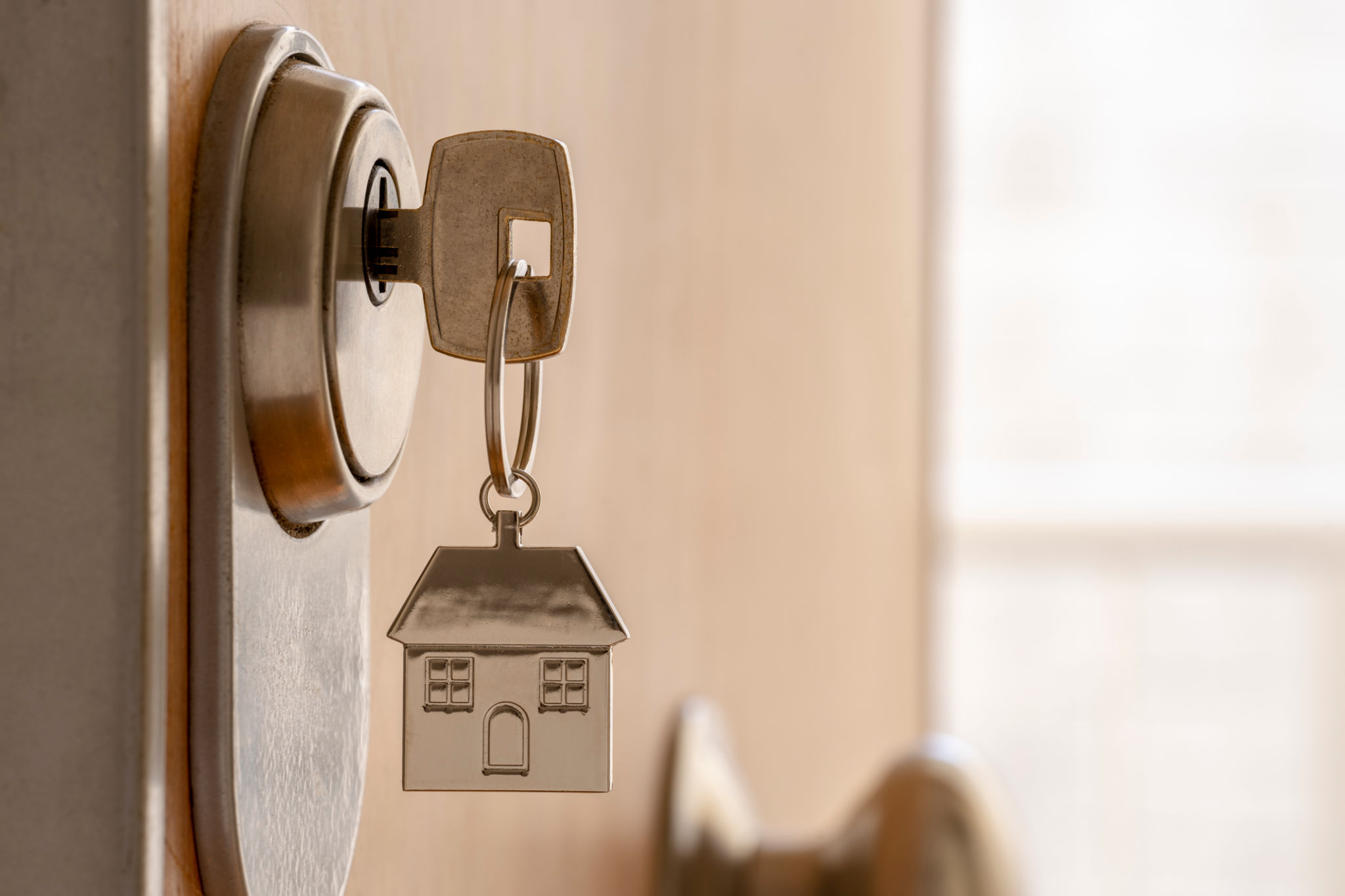Understanding Property Laws and Regulations in Tangier
Introduction to Property Laws in Tangier
Understanding property laws and regulations in Tangier is crucial for anyone considering investing in this vibrant Moroccan city. With its unique blend of cultures and historical significance, Tangier offers a dynamic real estate market. However, navigating the legal landscape can be complex, especially for foreign investors. This guide aims to shed light on the essential aspects of property laws in Tangier.

Ownership Rights and Restrictions
In Tangier, property ownership is governed by a mix of local and national laws. Both Moroccan nationals and foreigners have the right to own property, but there are certain restrictions. Foreigners, for instance, cannot purchase agricultural land. It's important to understand these restrictions to ensure your investment complies with local regulations.
Additionally, properties may be subject to zoning laws, which dictate the type of structures that can be built in specific areas. Being aware of these laws is essential for anyone planning to develop or modify a property.
Property Registration Process
The process of registering property in Tangier involves several steps. Initially, a preliminary contract, known as a compromis de vente, is signed between the buyer and seller. This contract outlines the terms and conditions of the sale. Following this, a notary public will prepare the final contract, which must be signed by both parties.

After signing, the property must be registered with the Land Registry. This registration is crucial as it legally recognizes the new owner and protects their rights. Ensuring that all necessary documentation is completed accurately will prevent future legal disputes.
Taxation and Fees
When purchasing property in Tangier, buyers should be aware of the various taxes and fees involved. These include registration fees, notary fees, and stamp duty. The total cost can amount to approximately 6% to 7% of the property's purchase price.
- Registration Fees: Typically around 1% of the property's value.
- Notary Fees: Generally range from 1% to 2%.
- Stamp Duty: Approximately 4% of the property's purchase price.
Leasing Regulations
If you're considering leasing a property in Tangier, it's important to understand the local leasing regulations. Leases can be either residential or commercial, each with distinct legal stipulations. For residential leases, the law provides specific tenant protections, including caps on rent increases and security deposit limits.

Commercial leases tend to offer more flexibility in terms of agreement terms but require careful negotiation to ensure both parties' interests are protected. Consulting with a legal professional experienced in Tangier's property laws can provide invaluable guidance.
Conclusion
Navigating property laws and regulations in Tangier requires careful consideration and due diligence. Whether you're buying, selling, or leasing property, understanding the legal landscape is essential for making informed decisions. By familiarizing yourself with local laws and seeking expert advice when necessary, you can successfully invest in this captivating city.